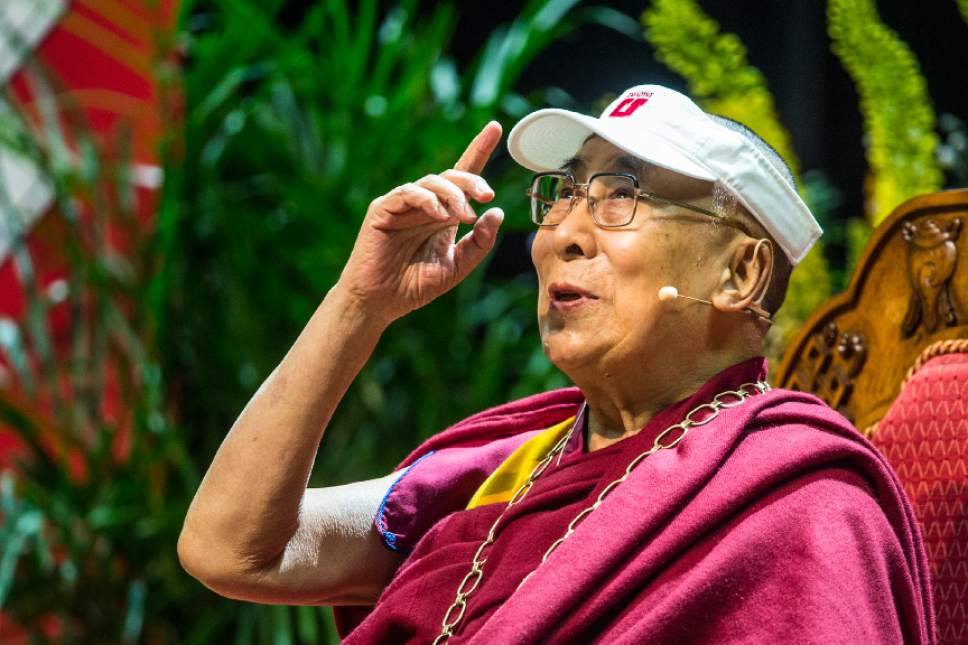This is an archived article that was published on sltrib.com in 2017, and information in the article may be outdated. It is provided only for personal research purposes and may not be reprinted.
Beijing • China is warning of "severe damage" to relations with India and increased regional instability if exiled Tibetan leader the Dalai Lama proceeds with a visit to a disputed area along their still-unsettled border.
Beijing has expressed its concerns to New Delhi on numerous occasions and urged India to "avoid offering a state for the Dalai Lama to carry out anti-China separatist activities," Foreign Ministry spokesman Geng Shuang said at a daily briefing Friday.
"The invitation to the Dalai Lama by the Indian side to the contested area between China and India will inflict severe damage on the China-India relationship and peace and stability in the China-India border area," Geng said.
The highest figure in Tibetan Buddhism was to visit Arunachal Pradesh in coming weeks. China claims the partly ethnically Tibetan Himalayan state as its own territory and the frontier between the two nuclear-armed Asian giants remains tense more than 50 years after they fought a brief but bloody border war high in the peaks.
China claims about 35,000 square miles in Arunachal Pradesh, referred to informally by some Chinese as "Southern Tibet." India says China is occupying 15,000 square miles of its territory on the Aksai Chin plateau.
More than a dozen rounds of talks have failed to make substantial progress on the dispute, although there have been relatively few confrontations in recent years.
The Dalai Lama fled into exile in India after a failed anti-Chinese uprising in 1959. He last visited Arunachal Pradesh in 2009 and while China protested the trip, there was no major impact on relations with India.
Meanwhile, a senior Chinese government adviser warned Saturday that the country's internet censorship is hampering scientific research and economic development, in a rare public criticism of a sensitive government policy.
Slow access to overseas academic websites have forced domestic researchers to buy software to circumvent China's site-blocking firewall or even travel overseas to conduct research, Luo Fuhe, vice chairman of the Chinese People's Political Consultative Conference, told reporters in Beijing. China's sophisticated internet censorship tools block foreign social-media and news websites, while discussion of political topics and other sensitive issues such as Tibet and Taiwan are routinely censored.



